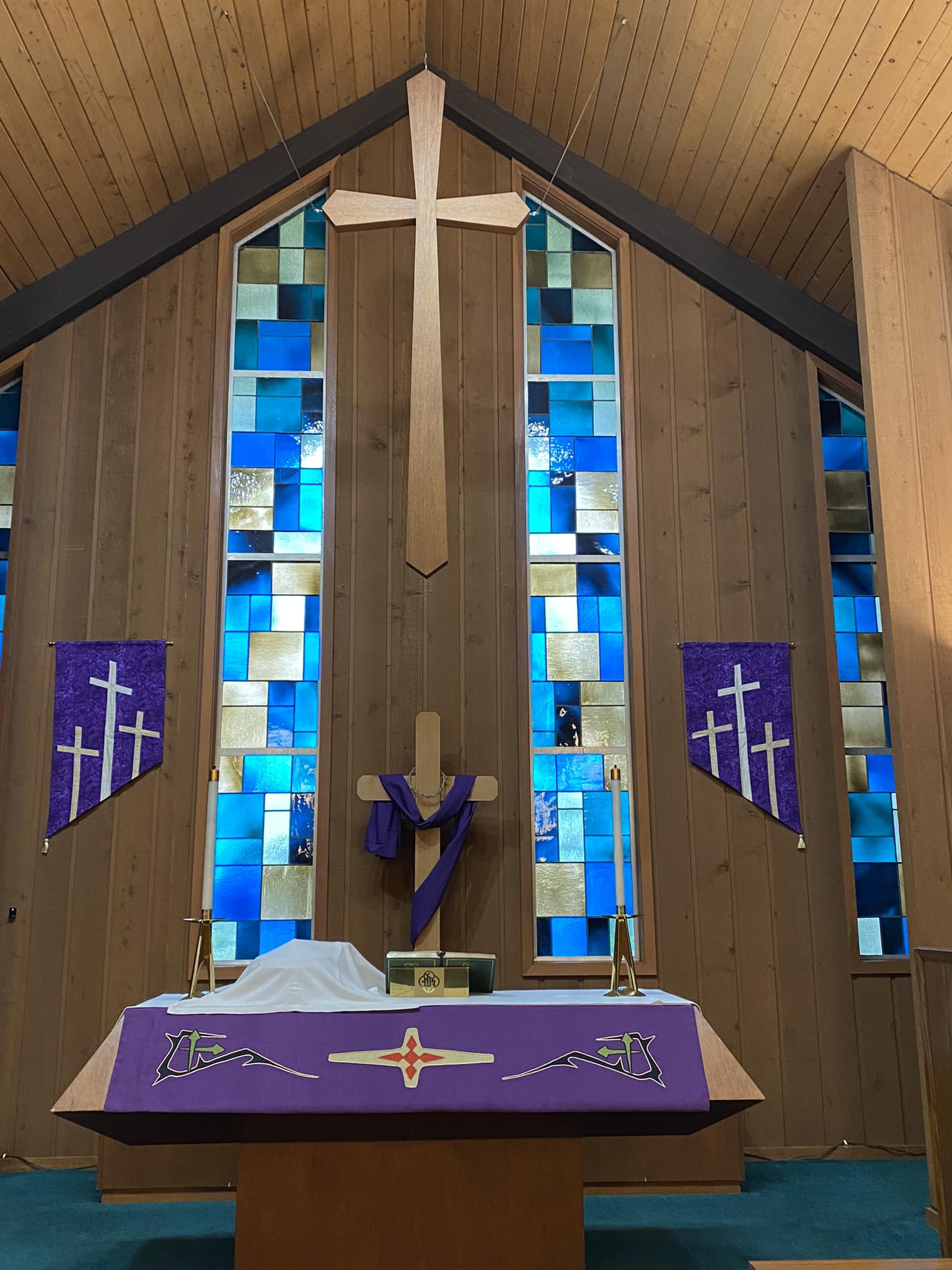Pastor Patrick’s Perspective: September 2023
“And whoever does not take his cross and follow me is not worthy of me.” Matthew 10:38 (ESV)
On September 17, we will commemorate the Holy Cross. Holy Cross Day, also known as the Feast of the Exaltation of the Holy Cross, is a solemn occasion observed on September 14th each year or the closest Sunday. This day commemorates the cross upon which Jesus Christ was crucified and holds special significance as a reminder of God’s profound sacrificial love and the redemption brought forth through Christ’s ultimate act of selflessness.
It is a time for believers to reflect on the deep spiritual meaning of the cross, embracing its paradoxical message of suffering and glory, and finding inspiration in the central symbol of Christianity. Holy Cross Day invites Christians to contemplate the transformative power of Christ’s sacrifice and the hope it offers for renewal, reconciliation, and eternal life.
Associated with Holy Cross Day is the legend of Saint Helen and the discovery of the True Cross. Helen is the mother of the Roman Emperor Constantine the Great who called the church together at Nicaea. As Lutherans, Holy Cross Day is an opportunity to consider the theology of the cross which is found in 1 Corinthians 1:18-25.
Luther argued for the theology of the cross at the Heidelberg Disputation. held on April 26, 1518. The disputation was organized by the Augustinian Order, and its purpose was to discuss and clarify certain theological positions, particularly those associated with the teachings of Martin Luther.
The main point of the Heidelberg Disputation was to address key theological issues and to present Luther’s perspective on matters of faith, grace, and salvation. The disputation was composed of a series of theses, or statements, that Luther had prepared for the event.
Luther introduces several points in the Heidelberg Disputation. The idea that humans are entirely incapable of saving themselves through their own efforts; this idea challenged the prevailing notion that humans could earn their way to salvation through good works. The theology of the cross, contrasts it the theology of glory; true knowledge of God comes through understanding the suffering and humility of Christ on the cross, rather than seeking worldly success or human wisdom. We need true contrition (genuine sorrow for sin) and the need for confession; external acts of penance cannot replace true heart change and repentance. Luther also discussed the hiddenness of God and how God reveals Himself to humanity through both law and gospel.
These paradoxes serve to provoke deeper reflection on the complexities of Christian faith and challenge conventional wisdom. They highlight the radical nature of the Gospel message and underscore the profound transformation that occurs when individuals encounter God’s grace.
O Lord, we lift our hearts in awe before the symbol of the cross. In the midst of a world that often seeks power and glory, help us grasp the profound truth of the theology of the cross. Just as your Son, Jesus Christ, revealed the depth of your love through His sacrificial suffering, teach us to find strength and hope in embracing the paradox of the cross – where weakness becomes strength and humility becomes exaltation. May we learn from this theology of the cross to see beyond the world’s superficial allurements and recognize your presence even in the midst of trials. As we contemplate the significance of the True Cross, inspire us to carry our own crosses with steadfast faith, remembering that through our weaknesses, your grace shines most brightly. In Jesus’ name, we pray. Amen.
May God’s blessings be upon you and your families.
© Patrick K Welton
